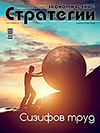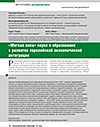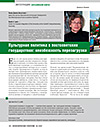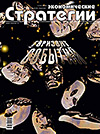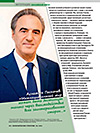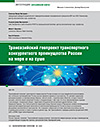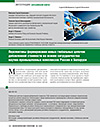“Soft Power” of Science and Education in Developing Eurasian Economic Integration
Russia’s chairmanship in the Eurasian Economic Union in 2018 allows us to formulate and bring to a wide discussion a set of initiatives aimed at strengthening the integration association and completing the lost links of the integration agenda. As the practice of EAEU functioning in conditions of external constraints and the lack of clearly articulated joint development priorities has shown, the Union needs to specify the goals and to reinforce pragmatic aspirations of the member states with serious research and practical work to update the joint cultural, historical and spiritual heritage of the peoples of Eurasia. In other words, it is necessary to give a new impetus to the Eurasian Union, which should become a competitive economic union of states that have a common picture of the world, a single system of conceptions and values. The network of scientific and educational institutions of the EAEU member states has become one of these bases cementing the common economic whole, which, if properly organized, can turn into a self-sufficient profitable industry, whose product (modern knowledge) can be successfully exported to third countries, increasing the prestige and capitalization of the union, as well as strengthening Russia’s foreign policy positions. To this end, it is necessary right now to take active steps towards growing clusters of science and education on the basis of exchanging best experience and practices between the profile institutions of the Union’s countries, to raise the bar of qualification requirements for all participants in the Eurasian scientific and educational exchange. The article proposes the approach outlines for the all-round stimulation of cooperation in this sphere with the aim of both self-sufficient provision of integration processes with modern personnel and for the outside supply.


